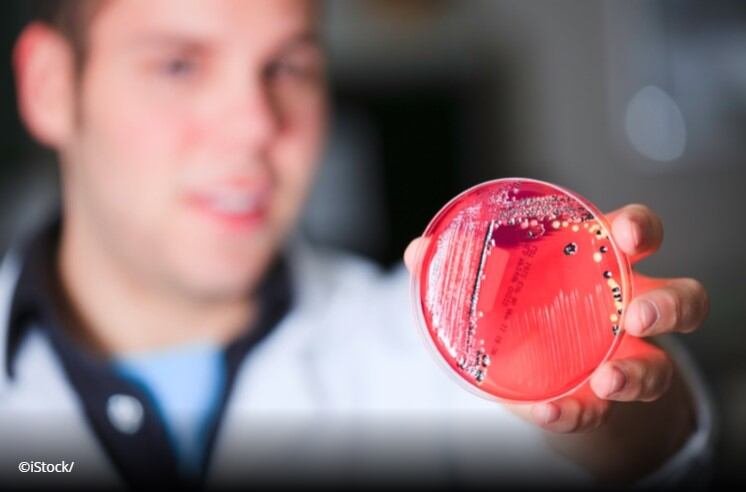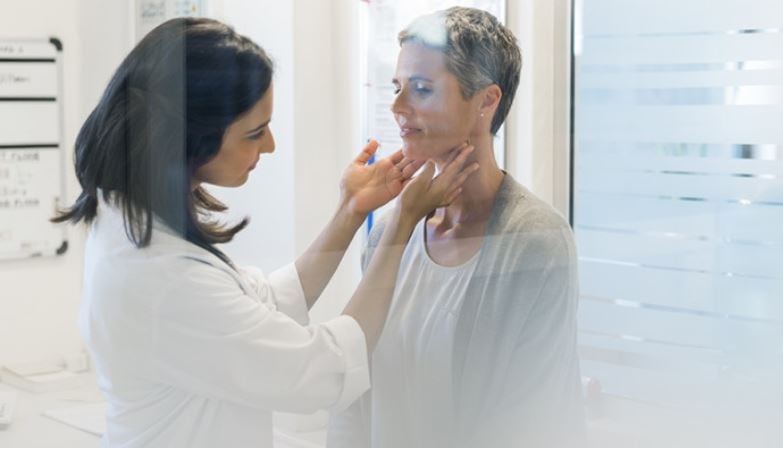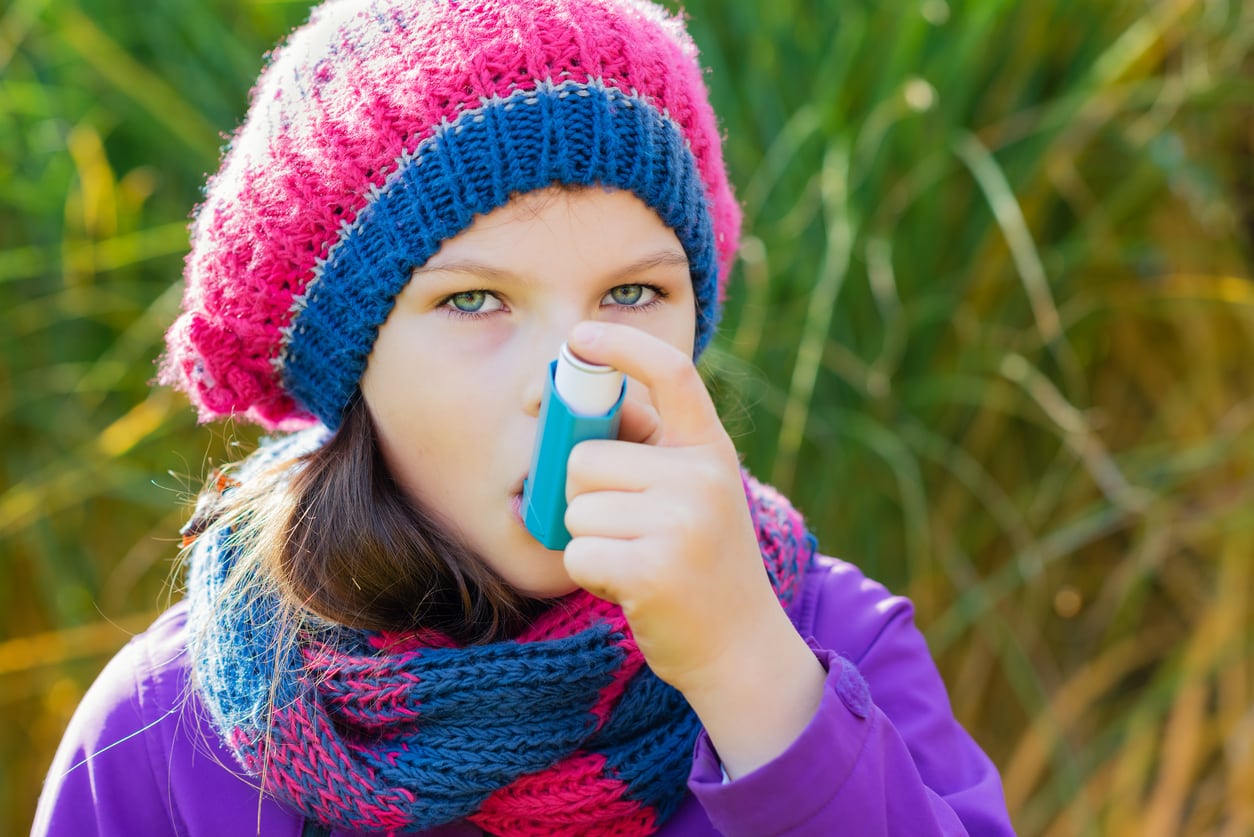Writing in Frontiers in Medicine, the France-based team attempts to set out guidelines that address regulatory and technical challenges when evaluating the safety of Live Biotherapeutic Products (LBPs).
These include discussing the importance of the risk analysis in LBP development as well as risk documentation and safety assessments for LBPs.
These aspects are currently proving difficult for researchers due to the sensitivity of the target population and the "live" nature and mode of action of LBPs.
“As developers have struggled when designing their LBP pre-clinical programmes, the industry can benefit from this very practical road map,” says Dr Magali Cordaillat-Simmons, corresponding author on the paper and executive director of the Pharmabiotic Research Institute (PRI).
“This road map takes into account the new concepts of 'quality' and 'development-by-design', usually applied to other biological medicinal products."
The paper’s publication is of interest to firms currently in the LBP space that look to blend aspects of pharma and nutrition research to create new therapeutics that re-balance the host microbiome.
Researchers attribute this dysbiosis as a main cause of brain-related disorders such as depression and anxiety as well as gut conditions such as Ulcerative Colitis (UC) and Crohn's disease (CD).
However, the team, which includes colleagues from Chr. Hansen, Lallemand, ADM Protexin and Yakult Europe, comments that while pharma guidelines for biological products can be considered in the design the relevant (non-)clinical development programmes, adapted guidelines on the safety assessment for LBPs are scattered and diverse.
The authors add that the paper represents a concerted effort to establish a risk assessment roadmap for LBPs and propose appropriate solutions for non-clinical programmes and First in Human clinical safety trials.
Scientific context
One research focus is the scientific context in which appropriate programmes for these products are designed as well as how the microbiome is involved in health and how LBPs exert beneficial effects.
The authors also comment on environmental considerations such as nutrition, stress factors, medications, that would likely have a large impact on the composition of the microbiota.
“Given this wider host-specificity, the translation of efficacy and safety signals from animals to humans is extremely difficult since the likelihood for the conservation of LBP targets between species is very low,” the paper points out.
“This is a concept of high importance when designing non-clinical programmes and in this respect, LBPs could present similarities with products currently classified as Advanced Therapies Medicinal Products (ATMPs).”
The paper also devotes a section to weighing up the existing guidelines for other biological drugs, but also focusing on strain characterisation, involving history of use, antibiotic resistance and virulence testing, translocation potential, particular metabolic activities and potential drug-drug interactions.
In addition, the research reviews some newly developed research tools that although are worth considering are not validated at the current time.
Professor Bruno Pot, science director for Yakult Europe and president of the PRI adds, "The current paper is thought to respond to a real need in the field.
“Product developers, medical doctors, pharmacists, and patients might all benefit from clear procedures for the development of LBPs.
“The article could also help in the development of future regulatory pathways that will guarantee safety of LBPs for vulnerable populations, possibly helping groups of patients with high unmet medical needs."
Biotherapeutic pacts
Industry activity in the LBP sector remains buoyant with a few big companies looking to the microbiome, to address a number of lifestyle-related conditions as well as infant-related complications.
Amongst them are DuPont Nutrition & Biosciences, which in March this year, paired up with APC Microbiome Ireland looking into rebalancing babies’ gut bacteria.
The ‘Missing Microbes in Infants born by C-section’ (MiMIC) project,’ is a €6.3m, four-year initiative jointly funded by Science Foundation Ireland’s Spokes Programme and DuPont.
The aim is to develop microbiome-based solutions to help establish a healthy microbiome in early life that may be disrupted by antibiotic exposure or Caesarean-section birth.
In a similar vein, DuPont recently struck a biotherapeutic-themed pact with MRM Health that looks to address metabolic conditions back in February this year.
The deal specifically looks to combine selected DuPont strains with MRM’s technology to develop new therapeutics based on live bacterial strain combinations.
Other firms include Nestlé Health Science, Chr. Hansen and Lonza and Takeda, which struck a deal with Debiopharm last month to develop microbiome therapeutics to treat Gastro-Intestinal (GI) disorders.
The exclusive agreement sees the Swiss biopharmaceutical firm’s Debio 1454M research program take centre stage as Takeda will take identified compounds and further develop them to tackle Inflammatory Bowel Disease (IBD) and other GI disorders.
Source: Frontiers in Medicine
Published online: doi.org/10.3389/fmed.2020.00237
“Live Biotherapeutic Products, a road map for safety assessment.”
Authors: Alice Rouanet et al




